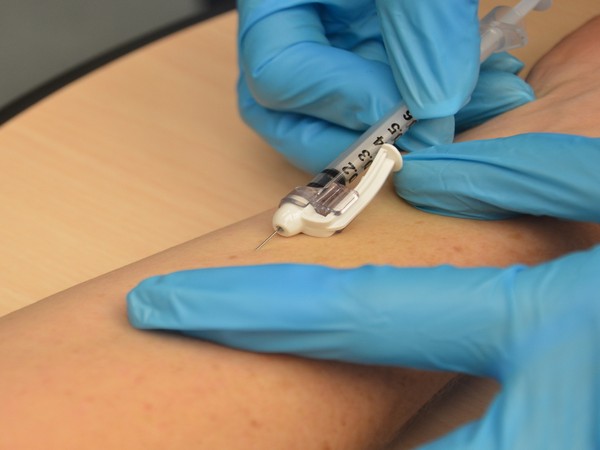Changing the way vaccines are delivered could increase their potential
A research study has shown that the way a vaccine is delivered to a human body would dramatically increase its defence capacity.

- Country:
- United States
A research study has shown that the way a vaccine is delivered to a human body would dramatically increase its defence capacity. Tuberculosis (TB) is an infectious disease that causes more deaths than any other infectious disease despite its vaccination being given to the patients.
The research was conducted by the researchers of the University of Pittsburgh School of Medicine and the National Institute of Allergy and Infectious Disease (NIAID) led to a result that intravenous vaccination of TB is more protective against diseases as compared to the conventional techniques of direct injection of the vaccine to the ski. "The effects are amazing. When we compared the lungs of animals given the vaccine intravenously versus the standard route, we saw a 100,000-fold reduction in bacterial burden. Nine out of 10 animals showed no inflammation in their lungs," said JoAnne Flynn who led the study.
"The reason which makes the intravenous route so effective is that the vaccine travels quickly through the bloodstream to the lungs, the lymph nodes and the spleen, and it primes the T cells before it gets killed," added Flynn. This further provides evidence that the mode of administration of a vaccine to patients plays a pivotal role in its action against diseases. (ANI)
(This story has not been edited by Devdiscourse staff and is auto-generated from a syndicated feed.)










